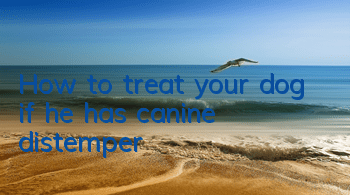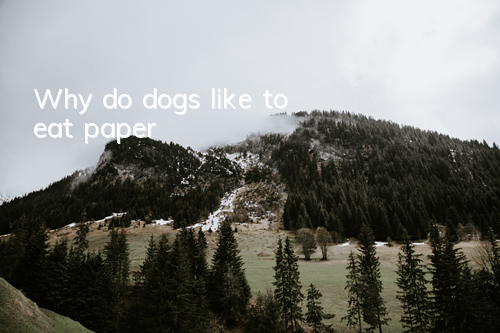Generally speaking, you can check whether a puppy is worth raising from the following aspects.
1. Fate
Did you like it at first sight? Owning a dog is the same as making a boyfriend or girlfriend. It is best to have a predestined relationship, because maybe this golden retriever will stay with you for 5 or even 10 years, so the first impression is very important.
2. You’d better start observing your golden retriever puppies while they are still nursing
Before eight weeks, a litter of puppies will gather around the mother dog - observing the mother dog will give you a general understanding of the puppy's future temperament, and observe how the puppies get along with other puppies in the litter. It is helpful to make more accurate predictions about the puppy's future situation. A puppy that is too lively and confident may be difficult to control when it grows up, while a puppy that is too docile may become preoccupied and become a "melancholy" and introverted dog when it grows up. Obviously, a puppy somewhere in between is ideal.
3. Check the health status of the golden retriever puppy
We can gently stroke the puppy's fur with our hands. The puppy's fur should be smooth and firm. Check whether the puppy has skin diseases and whether there is excessive dander.
Observe the golden retriever puppy’s eyes carefully: they should be flexible, bright and energetic. Puppies are as curious as children. Think about what a pair of pure and curious eyes should look like?
Check the puppy’s ears and gums. A healthy puppy’s ears and gums are pink and have no odor.
The puppy's body should be well developed, its muscles should be well-developed and well-proportioned, and its fur should have a healthy luster that is visible at a glance. In particular, you should check whether the puppy's legs are straight and strong, because some puppies will suffer from poor development. The legs and claws may become valgus or even deformed.
It is best to try to hold the puppy's shoulders with both hands and lift it off the ground. If the puppy does not appear nervous, it means that the puppy will grow up to be easy-going and obedient.
If you are still satisfied with this puppy after the above inspection, you can take it home.
A few additional points:
(1) Before feeding a golden retriever dog, carefully ask yourself whether you can be responsible for yourself, the dog and the people around you. Don't impulsively adopt a golden retriever puppy, only to lose patience within a few days and abandon it on the side of the road.
(2) For people living in buildings, it is best to feed mainly small-sized golden retrievers; if you really like a larger golden retriever, it is also best to choose a golden retriever with a docile personality and less barking to avoid disaster.It would be bad if you take it out on others and end up taking it out on an innocent dog.








